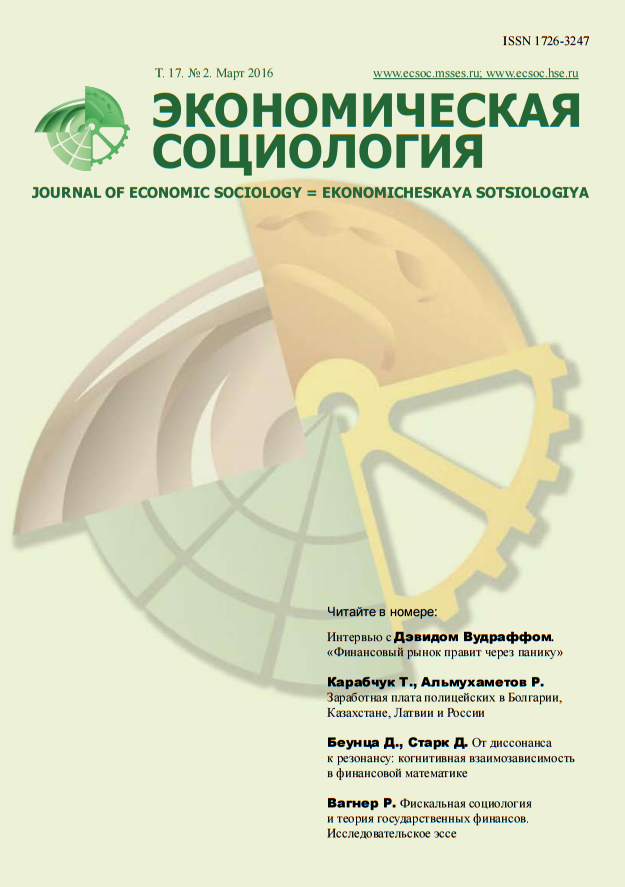Neoliberalism: In Search of Translation
Book Review: Kayaalp E. (2015) Remaking Politics, Markets and Citizens in Turkey:Governing through Smoke. London: Bloomsbury Academic
Abstract
Ebru Kayaalp’s book is a rare example of ethnographic research in which the reader will find everything in one place: an unusual mobile object, daring experimentation with fieldwork methods, a productive combination of the latest theoretical approaches, thought-provoking analysis, and a fascinating story. Using tools from actor-network theory and Callon’s anthropology of markets, the author reveals the role of international experts and Western institutions (“devices”) in the neoliberalization of modern Turkey’s tobacco market. She claims that the devices experts employ to translate global standards into Turkish contexts did not just transform the tobacco market: they also depoliticized policy and created new “regimes of citizenship.” At the same time, the researcher shows that global standards and institutions as devices never match the conditions in their host countries and are never truly “localized.” They depend on multiple actors in their new assemblages, and those actors give meaning, content, and action programs to the imported institutions. The author believes that this complicates any comparative analysis of developing countries’ economies paving the way for liberalization. However, I want to believe that, with the growing number of ethnographies, there will be opportunities to compare and verify some of Ebru Kayaalp’s extremely interesting and controversial assumptions. Is the process in which institutions are “settled” as qualitatively different from “localization” or “naturalization” as the author claims? Is there any place for a “gift” relationship between Western financial institutions and economies in crisis? Are international experts really the key actors helping the West’s “traveling rationalities” to settle in the developing world? In my opinion, this remarkable ethnography is an important event, and the book could be a source of inspiration, a role model, and a good cause for debate, not just among anthropologists, sociologists, and historians but also among those who produce the expert knowledge that transforms policy and markets.













